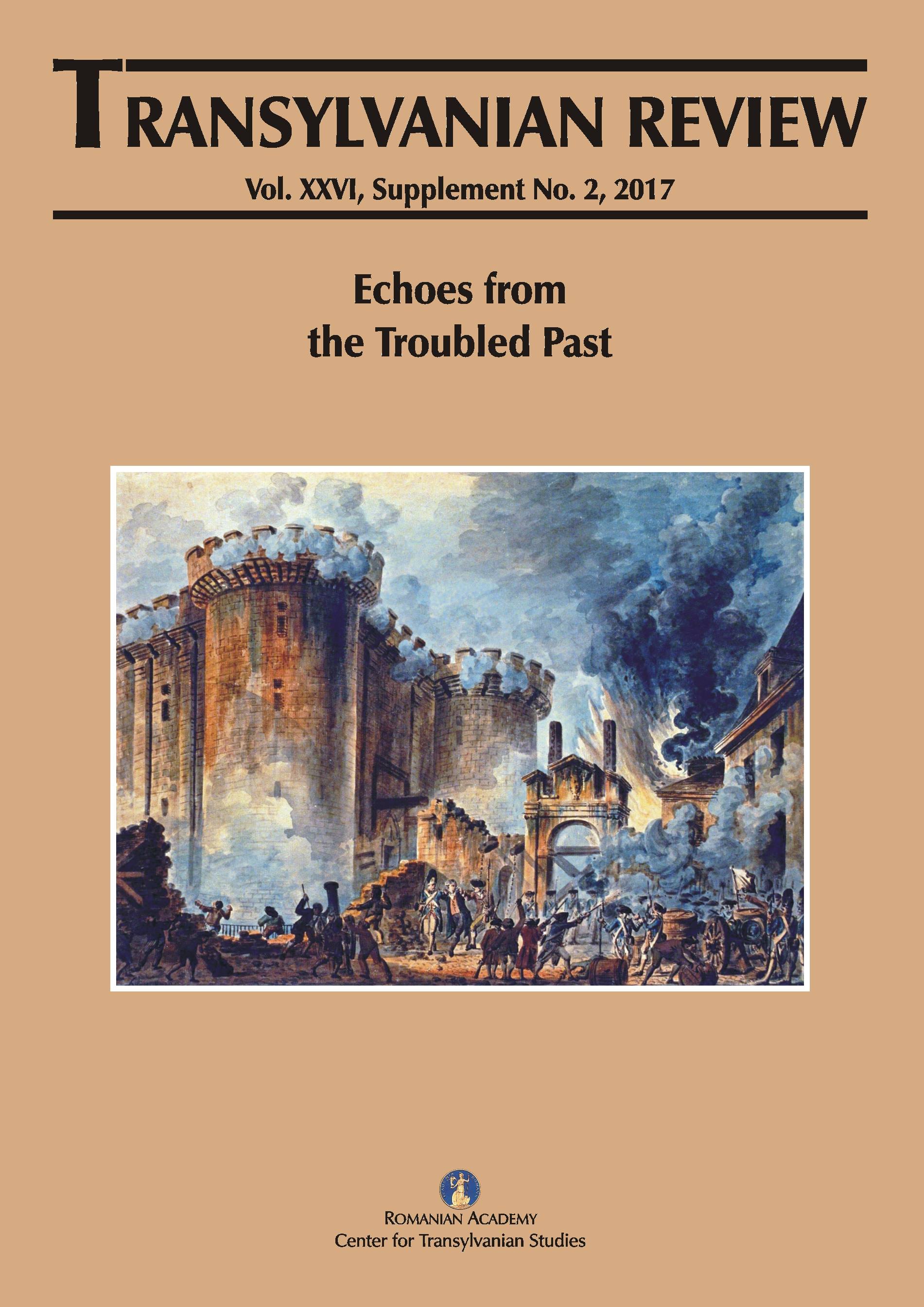Negotiating National Consensus in Troubled Times
Negotiating National Consensus in Troubled Times
Author(s): Marius Eppel, Andreea Dăncilă IneoanSubject(s): History
Published by: Academia Română – Centrul de Studii Transilvane
Keywords: Romanian ecclesiastical elite; nationalities; Hungary; WWI; state policies.
Summary/Abstract: The Austro-Hungarian monarchy was characterized by confessional multiplicity and an entanglement between the State(s) and Church(es) present on its territories. The ecclesiastical elites who headed the various Churches, and who often found themselves precariously perched on the thin borderline between confessional, national, and political allegiances, were a key historical actor in many political events during the existence of the Dual Monarchy. For the non-Hungarian ethnic groups within this state structure, the Church represented more than an institution mediating between the human and the divine: it was an essential pillar in the process of ethnic and national identification. During the First World War, this essential quality of the national Churches became ever more significant for both the communities they shepherded and the state authorities.
Journal: Transylvanian Review
- Issue Year: XXVI/2017
- Issue No: Suppl 2
- Page Range: 259-273
- Page Count: 15
- Language: English

